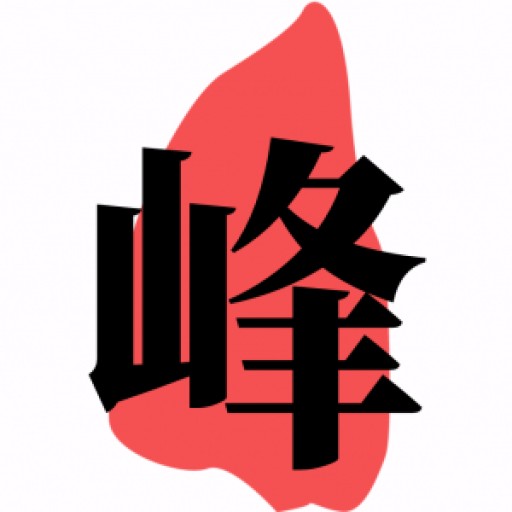吉他演奏
“你会弹吉他吗?”这里的“can”用来表示能力,后面接动词原形,不会随主语变化。
例如:
我会打篮球 —— "I can play basketball."
我会弹吉他 —— "I can play the guitar."
"play"后面可以跟球类运动或乐器。比如:打篮球(play basketball),弹吉他(play the guitar),下棋(play chess)。
“想做某事”表达
"Want"通常表示想做某事,其后加动词原形。例如,"I want to join the music club." 意为“我想加入音乐”。
“good” 的用法
"Good"可以用来描述某人擅长做某事。例如:
我擅长英语 —— "I am good at English."
他擅长游泳 —— "He is good at swimming."
“good”还可以用于描述与人关系好,比如:“他和我相处得很好” —— "He is good with me."
tell 与 talk 的区别
"Tell" 用来指示或告知某事,例如:
告诉某人某事 —— "tell sb something"
告诉某人做某事 —— "tell sb to do something"
"Talk"则更多用于交流,表示与某人交谈,例:
与某人谈话 —— "talk to sb"
和某人讨论某事 —— "talk with sb about sth"
“或者”的用法
"Or"用于表示选择,特别是在否定句中,例如:“我不喜欢梨子或香蕉。”—— "I don’t like pears or bananas."
当提出选择性疑问时,“or”也表示“还是”。例如:
他是学生还是老师? —— "Is he a student or a teacher?"
“需要做某事”
"Need to do something" 用于表示需要做某事,例如:“我需要六点去学校。”—— "I need to go to school at six."
短语表达
和某人交朋友 —— "make friends with sb"
在周末 —— "on the weekend" 或 "on weekends"
时间提问
在提问时间时,可以使用 "what time" 或 "when"。
例如,假设Jack通常下午7点洗澡,提问方式为:
Jack usually takes a shower at 7:00 in the afternoon. 提问:“What time does Jack usually take a shower?”
时间表达
整点时间:比如 “It’s ten o’clock.”(10点整)。
非整点时间,用数字直接读出,例如:6:10 可说为 "six-ten";8:50 可说为 "eight-fifty"。
对于大于30分钟的时间,常用介词“to”表示。例如:
11:35 → "twenty-five to twelve"
11:45 → "a quarter to twelve"
频率副词
总是 —— "always"
通常 —— "usually"
常常 —— "often"
有时 —— "sometimes"
句型结构
我也会打篮球 —— "I can also play basketball."
我不能打篮球 —— "I can't play basketball either."
吃个好早餐 —— "Eat a good breakfast."
日常活动的短语
起床 —— "get up"
去工作 —— "go to work"
洗澡 —— "take a shower"
做作业 —— "do one’s homework"
用法“花时间做某事”
例如:
我开车去学校需要大约一个小时 —— "It takes me about an hour to drive to school."
句型:“It takes + sb + time + to do something”。
交通工具表达
乘通工具:"take + 交通工具"。
例如:我骑自行车去学校 —— "I get to school by bike."
乘公交车:I take the bus to school. 或 "I go to school by bus."
到达地点表达
到达学校:用 "get to school"。
到达小地点(如学校):用 "arrive at school"。
到达大地点(如城市):用 "arrive in London"。
动词的特殊用法
他想知道他对旅行的看法 —— "Mary wants to know what he thinks of the trip."
问候和介绍:
你来自哪里? —— "Where are you from?"
我来自 —— "I come from China."
“现在进行时”的用法
例如:
现在我正在看电视 —— "I'm watching TV."
你在做什么? —— "What are you doing?"
他们正在讨论这个电视节目 —— "They are not talking about the TV show."

